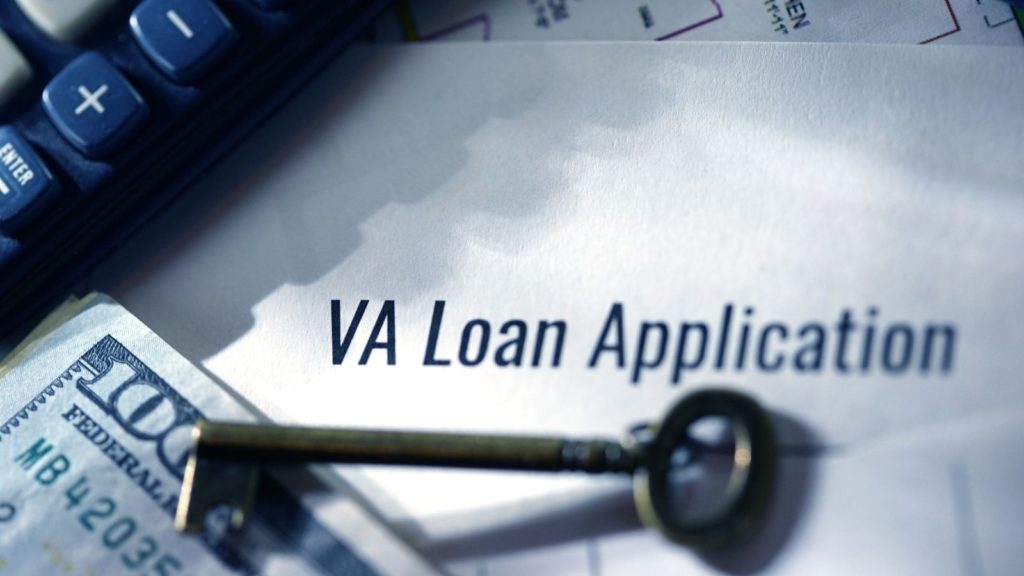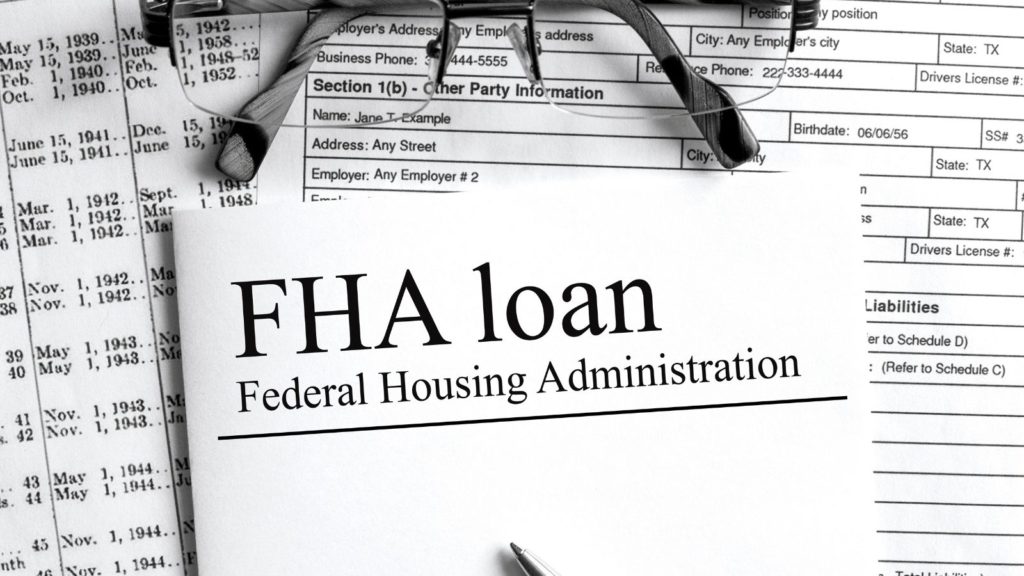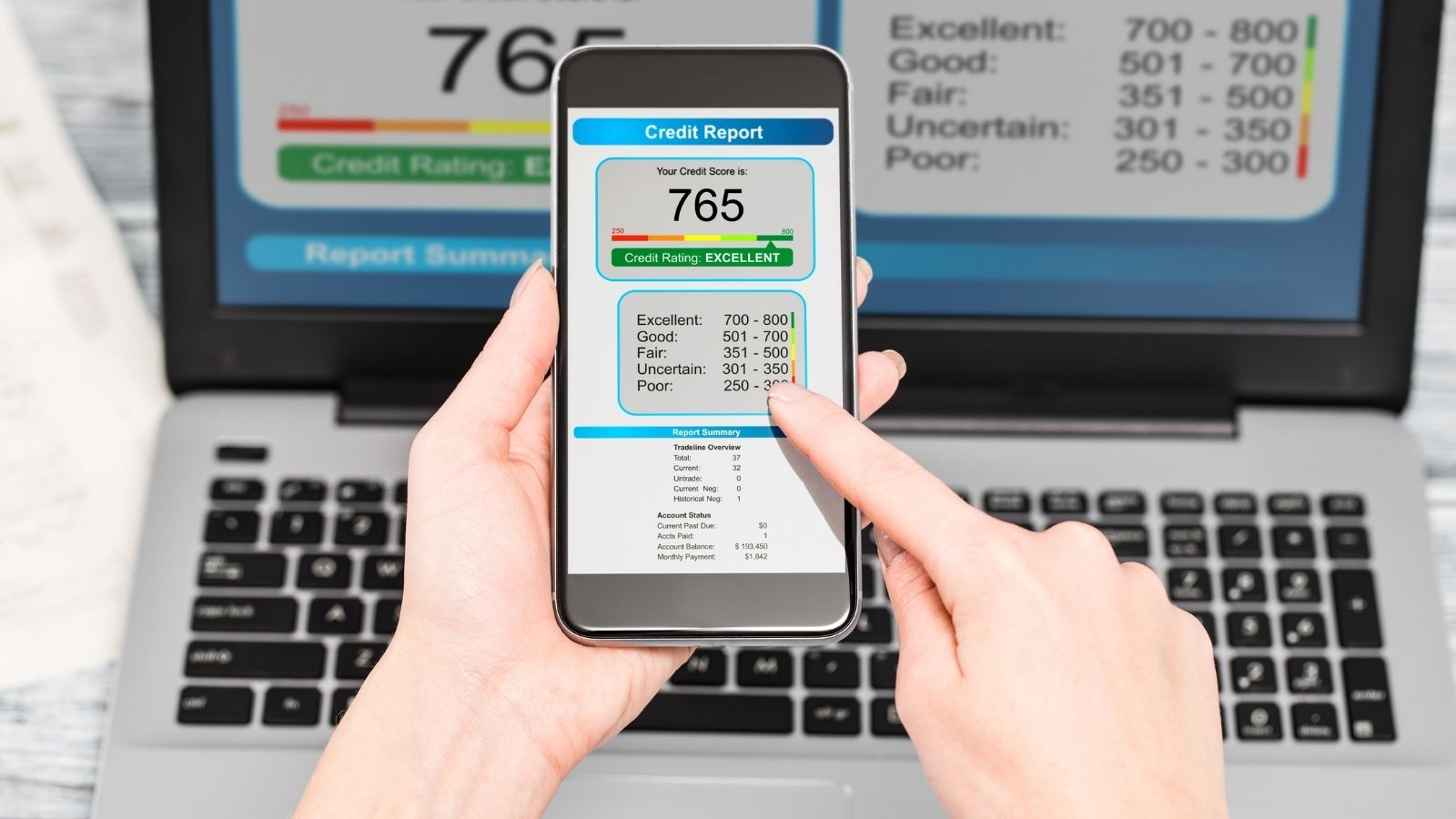Homebuyers have a lot of work to do. They have to think about where they want to live and what kind of amenities that they want in their home. Buyers also have to ensure that they can afford to buy a home.
Many home purchasers take out a mortgage loan. The loan is repaid by monthly payments over a certain number of years. A borrower’s credit score can be a key factor in determining the type of loan offers that they will receive.
Buying a home in Tennessee can be complicated at times. There may be unexpected delays or problems that can arise from time to time. Buyers also have to interact with different people during the process. Purchasing the home of your dreams can still be accomplished. Knowing exactly what you want, persistent and developing a solid plan of action can help you succeed.
Here’s a brief breakdown of some of the major types of home loans and the credit scores that are required for each loan type:
1. VA loans.
VA loans are secured by the United States Veterans Administration. They are intended for military members and their spouses who are eligible. No down payment is required for these kinds of loans. There is also no minimum credit score, but a score of 620 or higher is usually preferred by lenders for this kind of loan.

2. USDA loans.
This kind of loan is backed by the United States Department of Agriculture. It’s available for homebuyers in the low to medium-income levels.
There is no mandatory down payment for USDA loans. This kind of loan doesn’t have a minimum credit score. However, most USDA loan lenders are looking for a credit score of 640 or more.
3. FHA loans.
FHA loans are supported by the Federal Housing Administration. They are an affordable alternative for people who don’t have a large amount of money for a down payment or who have low credit scores. The minimum credit scores vary according to the amount of the borrower’s down payment.

Buyers who plan to pay a ten percent down payment need a credit score of 500 or more. Borrowers with a credit score of 580 or higher only need a down payment of 3.5 percent.
The lender may insist that a primary mortgage insurance policy be taken out for any down payment under 20 percent. This is protection in case the buyer defaults on the loan. Private mortgage insurance (PMI) plans prices are usually no more than two to three percent of the annual loan dollar amount.
4. Conventional loans.
Conventional loans are not backed by a U.S. government office. They can be acquired by private lenders or government-sponsored mortgage companies such as Freddie Mac or Fannie Mae, for example. A credit score of 620 or higher is usually required for conventional loans. Down payment amounts and percentages can vary from one lender to another.
There are two types of conventional mortgage loans: conforming loans and non-conforming loans. Conforming loans adhere to the government-sponsored lenders’ rules and regulations.
Non-conforming loans are different. They may go above and beyond a conforming loan’s maximum dollar amount or terms. They are also referred to as jumbo loans.
5. Jumbo loans.
Jumbo loans are usually for a higher dollar amount than what the Federal Housing Finance Agency recommends. These kinds of loans aren’t supported by Fannie Mae, Freddie Mac or other government-sponsored mortgage lenders. Jumbo loans usually need a credit score of 680 or higher.

There is more risk involved with jumbo loans. That’s due to the larger dollar amount and the fact that they can’t be insured by conventional lending companies. Down payment amounts and percentages can fluctuate according to the lender.
The less debt you have, the more favorable you will look to lenders.
Before you take out any kind of loan, it’s a good idea to review your current income and expenses. If there are unnecessary or redundant items, now is the perfect time to eliminate them from your budget. If you have any credit card balances or other outstanding loans, they should be paid off or down as much as possible. The less debt you have, the more favorable you will look to lenders.
It may take some time to be able to afford a down payment on a house. Keep in mind that you’ll also need to have enough funds for closing costs as well as monthly mortgage payments, utility bills and other associated expenses.
You should start setting aside a certain dollar amount or percentage from each check once you’ve decided to purchase a home. Create a chart or calendar so that you can track your progress and make adjustments as needed.
When you meet with a lender, express your intentions of owning a home. They will review your employment and credit history. If approved, you’ll be given a preapproval letter. The letter will state the dollar amount and terms that the lender is able to offer to you. This letter won’t guarantee that you’ll be able to buy the house that you want. However, it can give you a definite advantage over other interested parties who haven’t lined up their financing just yet.
Additional Reminders
Pay attention to your spending.
- Just because you’ve been pre-approved for a loan, it doesn’t mean that you should spend up to the maximum amount that the lender allows.
- Buying a home, boat or other big-ticket item should be postponed until the home sale has been completed.
- Take your time to research properties in your area, and make an offer when you’re ready. You can consult a real estate agent to assist you with your search.
- Your realtor should have plenty of experience and knowledge regarding home sales in your area. They should also set up open house showings so that you can examine homes that you’d consider living in.

Building credit is important.
- It can help you afford the home of your dreams. It may take a little time, but you’ll eventually be able to afford a magnificent house!
- Review all of your loan options and read your loan agreement carefully before signing it.
- Know your rights and responsibilities so that you can continue to keep living in the kind of home that you’ve always wanted for as long as possible.
Have Questions? Ask The Lumiere Team!
Your real estate agent is the best source of information about the local community and real estate topics. Give Rebecca Edwards call today at to learn more about local areas, discuss selling a house, or tour available homes for sale.

